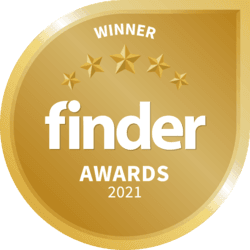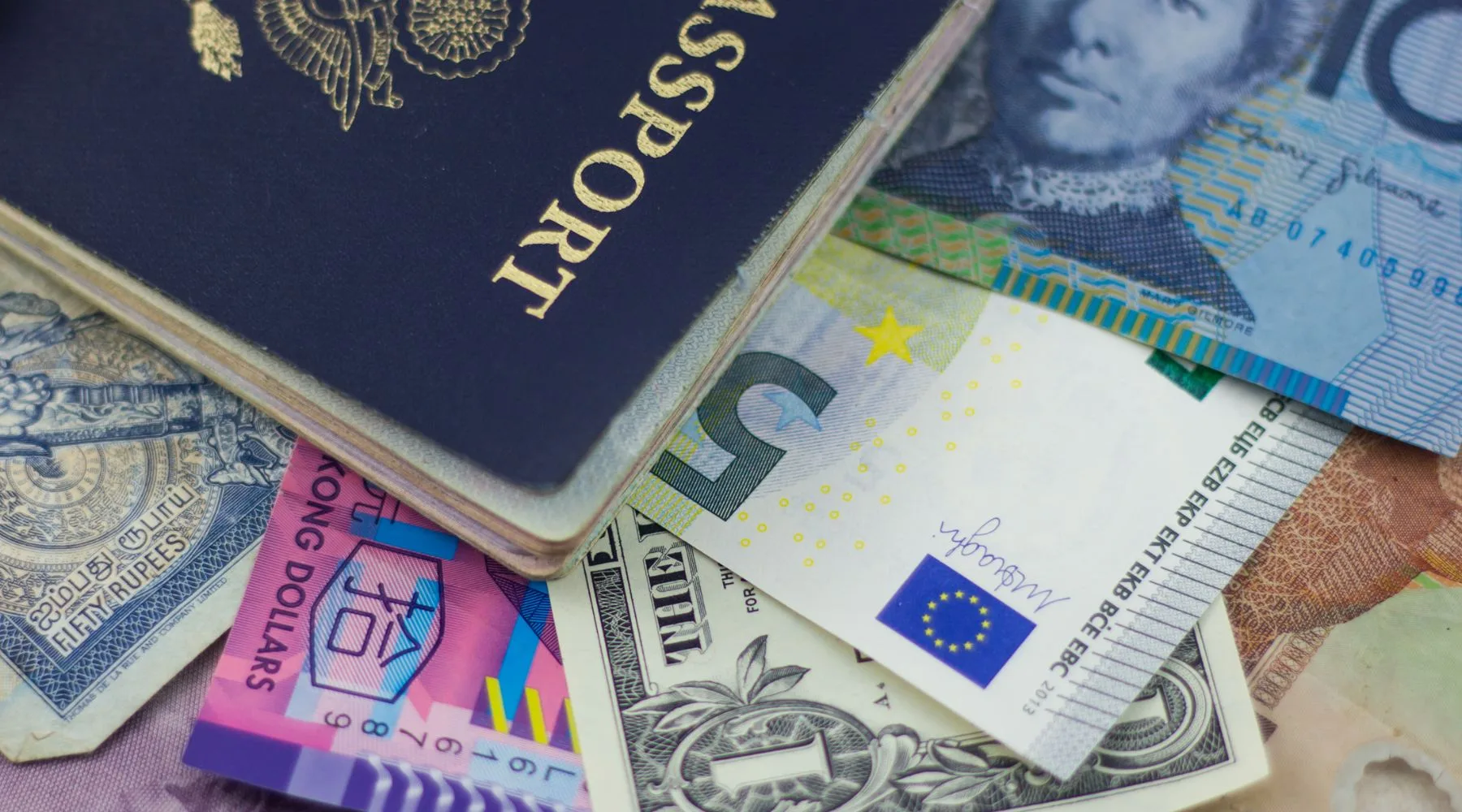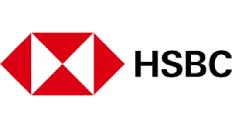5 things you need to do if you’ve just moved to Australia

Recently arrived in Australia and not sure where to start with finances? This guide will help you get set up.
Sponsored by 
 HSBC. Convert currencies online anytime, anywhere with the HSBC Everyday Global Account. Proud winners of the Finder Award Best Transaction Account 2021.
HSBC. Convert currencies online anytime, anywhere with the HSBC Everyday Global Account. Proud winners of the Finder Award Best Transaction Account 2021.
When you're preparing to move to Australia, you probably had a checklist of stuff to bring with you – clothes, electronic equipment, furniture and more.
But what about finances?
According to HSBC research almost half (48%) of respondents planning a move overseas (to live, work or study) expect a cash flow crisis upon arrival.*
Getting set up in a new country can be challenging, and it can be hard to know where to start.
We've put together a checklist of some of the key financial tasks you'll need to do when you first get to Australia.

1.Take out a bank account with multiple currencies
Setting up a new bank account is one of the first things you'll need to do when you arrive in Australia.
You'll need this for a variety of reasons.
First, when you start working in Australia, you need an account for your wages to be paid into.
You'll also need it for making payments and shopping both in-person and online. Although cash is widely accepted, payment by card or bank transfer is increasingly common.
And if you're planning to send money to your family or friends back in your home country, it's also important to have an account that allows for easy money transfers.
So although everyone's specific needs are different, it's worth looking for an account that includes a card, has low (or no) everyday fees and allows you to store funds in a range of currencies.
For example, the HSBC Everyday Global Account allows you to store funds in up to 10 different currencies. It's also an everyday transaction account that gives you cash back on eligible tap and pay purchases under $100.
International transfers can be carried out for $8 and transferred at the applicable exchange rate. There are no monthly account, transaction or ATM fees.
2. Apply for a tax file number (TXN)
If you're planning to work in Australia and have one of the visas necessary to do so, you'll also need a TFN.
The Australian government uses it to register you for tax purposes, along with a range of other functions.
Generally, employers will require your TFN as part of the paperwork process when you're being set up as an employee. This means they can also provide accurate records to the Australian government if and when they're required to do so.
You can apply for a TFN before arriving in Australia provided all of your visa paperwork is already sorted.
Applying ahead of time can make a number of other processes significantly easier, including setting up a bank account or superannuation fund.
It's also free to apply and can be done directly through the Australian Taxation Office (ATO) website so beware of any services or providers that claim they can do it for you for a fee.
To apply for a TFN, just visit the ATO website.

3. Exchange some currency in advance
Although card payments are dominant in Australia, it's still worth having some cash handy.
We'd suggest you do it before you arrive. Trying to exchange at the airport can mean you're paying exorbitant fees and not necessarily getting the best bang for your buck.
You can consider an international money transfer platform that offers cash pick-up. Compare your options to get a good deal on your transfer.
4. Health care and health insurance
The healthcare system in Australia is a mix of public and private services. Medicare – the public service – is the primary provider.
There are 11 countries that have reciprocal agreements with Australia for health care. This means that a range of medical expenses for citizens of these countries are covered under Medicare when they're visiting Australia.
However, it's important to note that not all forms of health care may necessarily be covered and the specific coverage can vary from country to country.
For more detailed information about reciprocal agreements, you can visit the Services Australia website.
However, if your country does not have a reciprocal agreement with Australia, you won't be covered by Medicare.
It's a requirement of some visas for you to take out private health insurance. But even if your visa doesn't require this, private health insurance is generally recommended.
Medical costs can be prohibitive in Australia without insurance or Medicare cover. You can end up with a considerable bill without adequate coverage.
Health insurance providers have a range of different options available, with a variety of prerequisites depending on the policy.
You can compare a range of different health insurance policies right here on Finder.

5. Get in touch with an accountant
When you're new to Australia, it can be quite complex to navigate considerations like your tax obligations.
By working with an accountant, you'll ensure that you're abiding by Australian law and that you're receiving appropriate advice.
When you're choosing an accountant, make sure to ask about their qualifications, prior experience in dealing with situations like your own and the services they can offer.
Good accountants will also be upfront with their fees.
In addition to navigating tax laws, accountants can frequently help with other tasks too. For example, if you're looking to set up your own business in Australia, they can walk you through the process.
Learn more about the HSBC Everyday Global Account
- Apple Pay, Google Pay
- Monthly fees: $0
- No international transaction fees
- Up to 10 currencies

HSBC Everyday Global Account
*Research was conducted by Ipsos UK on behalf of HSBC from 05/12/22 to 23/01/23
Image: @Odua Images via Canva.com Image: @Turbotroll via Canva.com Image: @kate_sept2004 via Canva.com
